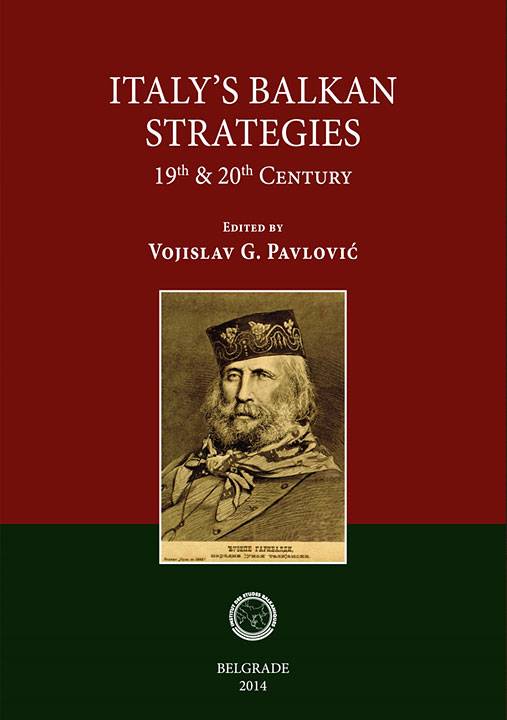News
Italy’s Balkans Strategies

Italy’s Balkans Strategies, a recently released publication of the Institute for Balkan Studies, edited by Vojislav G. Pavlović, presents the relevant research done by Italian, French, Serbian and Bulgarian historians. Among the foreign influences in the Balkans, the Italian one was probably the last to express itself, but certainly not the least important. From the early 19th century, the Italian national movement, and later the Italian kingdom, was first a source of inspiration, and then a potential ally; finally, it would become an economic and political rival for the Balkan nations. Yet, the history of the two shores of Adriatic evolved in similar if not identical stages. The Risorgimento ended in 1870 and most of the Balkan states won their independence in 1878. The liberal Italy was a member of the Triple Alliance, while the Balkan states opted in their turn for one alliance or the other among the Concert of European powers at the turn of the century. The World War I brought to an end the respective national unifications on both shores of Adriatic and set the stage for their conflict or – in some cases – their alliances, in view of their respective strategies during the interwar period. The brief and inconclusive Italian war in the Balkans (1940-1943) ended in utter defeat, and opened the way for a different type of relations between Italy led by Christian Democrats and communist (with the exception of Greece) Balkan states. Economy and culture were the basis of relations between Italy and the Balkans in the post World War II period.